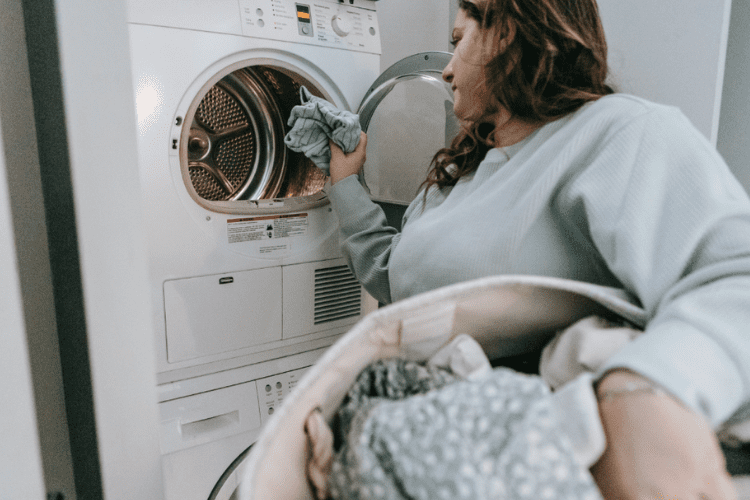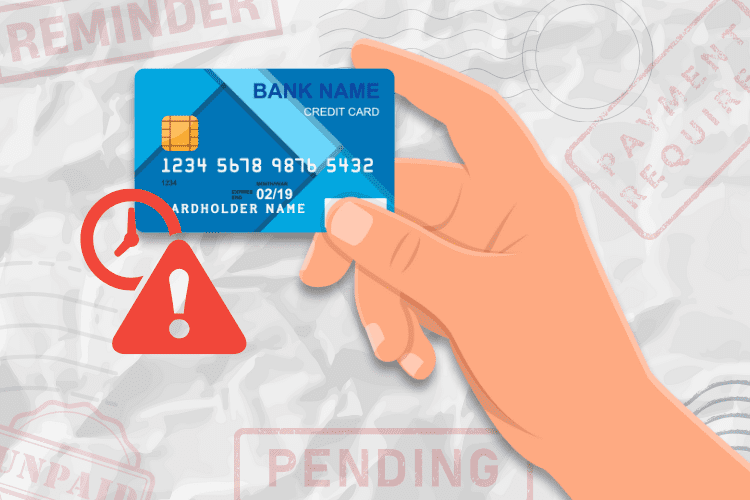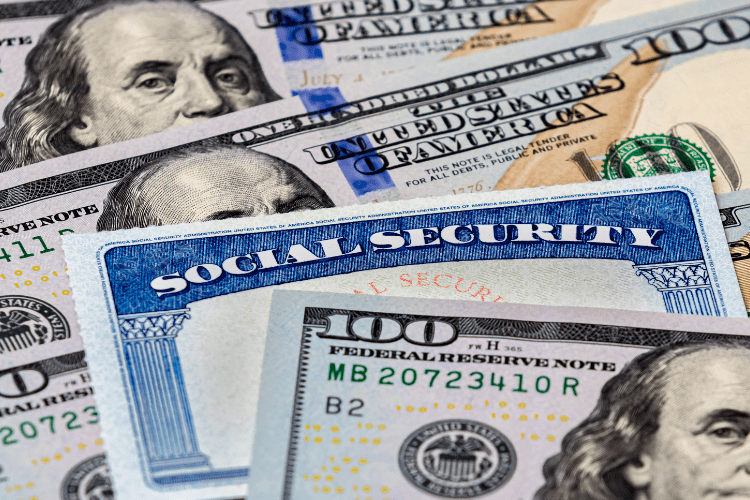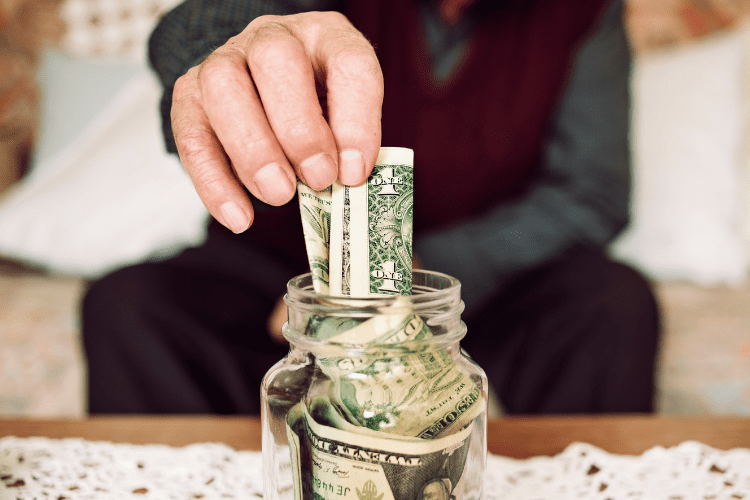18 Easy Ways to Save Money and Energy in Your Home

Have you been feeling the pains of inflation and want a way to overcome it? Solutions may exist within your home. Consider saving money by reducing the energy you use throughout your home. You can run less energy in your home and save money because of it. Saving energy is just a matter of employing some simple, everyday, effortless changes.
Allow us to provide you with 18 easy ways to save money and energy in your home.
Lighting
1. Use LED light bulbs
Which lights in your home get the most use? That’s where your transition can start. Replace the bulbs in your most frequently used light fixtures with ENERGY STAR-certified LED bulbs. They provide high-quality output, and you use much less energy (about 90% less). LED light bulbs also last 15 times longer than the standard light bulbs.
2. Turn lights off when not in use
How often do we walk out of a room and leave the light on? If your home is anything like mine, it probably happens more often than you’d like. Energy is consumed whenever lights are on, so the cents are adding up. Reduce some of that cost by ensuring lights are turned off when a room is not occupied.
Cooling/Heating
3. Use smart thermostats/assistants
Did you know that a smart thermostat could reduce your energy bill by 15%? Smart thermostats and other smart assistants within the home (mostly with appliances) can work to do what you may easily forget. They can set temperatures and adjust automatically. That includes turning off appliances or lights that may not be in use. This can be automated to work for you even when you’re not at home.
4. Use ceiling fans
Ceiling fans aren’t just for nice decor. They should be used to cool off areas, especially at night. Some ceiling fans even have a “reverse option” that pushes hot air into the room. That’s great to have during the cooler months.
5. Perform regular HV/AC maintenance
To make the most out of your HV/AC, make sure to service it annually to improve how it functions. Regular maintenance will not only ensure it’s working at top performance but will help it not work harder than it needs to.
6. Weatherize your home
Energy is wasted when you don’t have airtight seals. Using a lit candle or incense stick, you can easily check for drafts throughout your home (windows and doors). If the flame flickers, that means there’s a draft. In that case, you may need to replace weather stripping or caulk around the frames.
7. Utilize your curtains
Energy can easily pass through your windows, so use your curtains. Close your curtains and blinds at night to create another layer of insulation in your home. During the day, use the blinds when it’s hot, but allow the sun to shine through when it’s cold.
8. Slowly adjust your room temperature
When you want to go from 70 degrees to 75 degrees in a hurry, doing it quickly is not cost-effective. Raising the temperature rapidly activates the heat strip, and that uses more energy. It’s best to take it slowly (we usually increase by 2s) every 30 minutes until we reach the desired temperature.
9. Replace air filters
Replacing the air filters throughout your home every three months is recommended. Dirty filters slow the airflow and cause your system to have to work harder, thereby using more energy.
10. Invest in solar panels
The solar panel movement is here, and more homes are using it to reduce energy costs. Consider installing panels on or near your home to reduce your electric bill.
Water
11. Choose a shower over a bath
A 10-minute shower will use about 25 gallons of water, which is about five gallons less than you would use with a bath. Installing the proper showerhead could save additional money (about $145) annually.
12. Make better use of the dishwasher
Dishwashers run for a long time. Running them with a full load of dishes is best to get the most efficiency from them. You should also consider scrapping your dishes to run less water versus rinsing them before loading them in the dishwater.
13. Make better use of your washing machine
Washing your laundry with full loads rather than just a little bit of laundry at a time can save you a lot of water use (about 3,400 gallons of water) annually. You should also consider washing your loads with cold water whenever possible since heating the hot water accounts for about 90% of your washing machine’s energy to wash clothes.
14. Make adjustments to your water heater
If you know you’ll be away from home for at least a few days; it may be smart to turn off your water heater. Doing this will prevent a waste of energy. You could also install a timer to turn the water heater off and on as needed, even when you’re not out of town.
Other Tips
15. Run large appliances later in the day
Appliances like the washer, dryer, and dishwasher use a lot of energy because they run for long periods of time. You may want to consider using these appliances later in the evening or on the weekends, especially if you’re on time-of-use rates. That will help in reducing energy costs.
16. Clean large appliances
About twice a year, vacuum the back of the refrigerator and dryer to get rid of dust that clogs the vents and exhausts. Eliminating the dust will keep the motors from having to work so hard. The harder the motor has to work, the more energy it uses.
17. Unplug chargers/turn devices off when not in use
Make sure to turn off any devices that are not in use. With the same thinking, unplug unused chargers. We’re often prone to leave chargers plugged in even when the device is not attached. The Department of Energy says this “standby” energy” accounts for up to 10% of our energy usage. When a device is fully charged, habitually unplug the charger. Consider using power strips for your home electronics if you have multiple devices. You can turn the power switch off when the devices are not in use.
18. Replace old appliances
From time to time, we’re looking for our next home improvement project. Here’s one – replace your old appliances with energy-efficient appliances. Consider all of your appliances, from the coffee maker to the refrigerator. Energy-efficient appliances are made to use less energy.
The Bottom Line
Ways to save money are all around you. Start within your home by employing some simple changes here and there. Start with one or two, and then see how many more you can employ throughout the year.
Read more:










